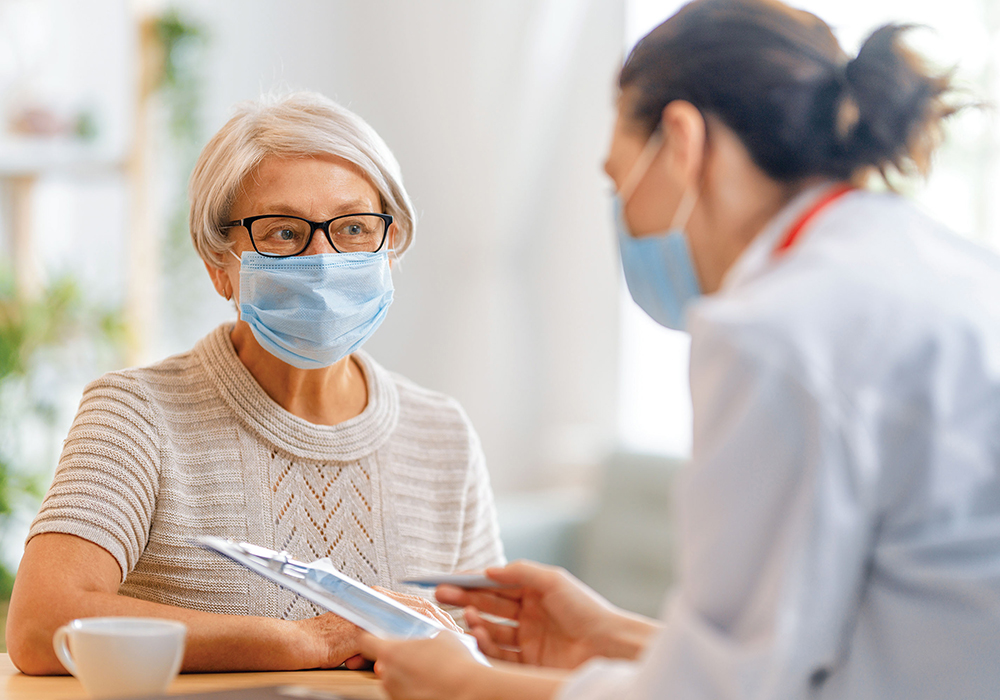Overall trust of scientists and their research during the COVID-19 pandemic has increased by nine percentage points between 2018 and 2020, according to the results from the November 2021 Wellcome Global Monitor 2020: COVID-19 report.
The Wellcome foundation explored how the pandemic influenced the public’s perceptions of science, healthcare systems, and governments based on a survey of more than 119,000 people in 113 countries. The report’s key findings include:
- The pandemic had a big impact on people’s lives, and nearly half of people globally said it affected their lives “a lot.”
- The COVID-19 pandemic has had disparate impact on populations around the world.
- Globally, people were more likely to express a high degree of trust and science and scientists in 2020 than they were in 2018.
- Perceived knowledge of science and confidence in government influences trust in science.
- Physicians and nurses are most likely to be seen as basing coronavirus-related decisions on scientific advice “a lot” compared to the World Health Organization or national governments.
- Globally, only a quarter of the public said that their government values the opinions and expertise of scientists “a lot.”
- The majority of people worldwide agree that their government should spend money to help countries prevent and cure diseases wherever they occur yet contradictory agree that their government should spend money on prevention and cures only if their own people are at risk.
“Trust in science and scientists has perhaps never been more important in recent times than during the coronavirus pandemic, as most people have been asked not change their lives in response to recommendations made by the scientific and medical communities,” the Wellcome research group said. “Globally, people were more likely to express a high degree of trust in science and scientists in 2020 than they were in 2018: the percentage who said they trust science a lot rose nine percentage points, as did the percentage who place a lot of trust in scientists in their country.”
The percentage of people who trusted physicians and nurses in their country also increased from 2018–2020. In addition, the researchers considered the amount of trust people had for these professionals in correlation to their own self-assessed scientific knowledge. Among those who trusted in science and scientists, the groups that saw the biggest increase in trust from those who indicated that they did not know much about science.
Each day, the public receives new, trusted, and evidence-based information and guidance from scientists, researchers, and direct care providers—as well as misinformation from unreliable sources. As a nurse, you can take action in two ways: (a) join ONS in advocating for support for nurse and other scientists as well as those on the front lines of care, and (b) use the confidence the American public has given you as the most trusted profession to share reliable information and resources and dispel misinformation.






